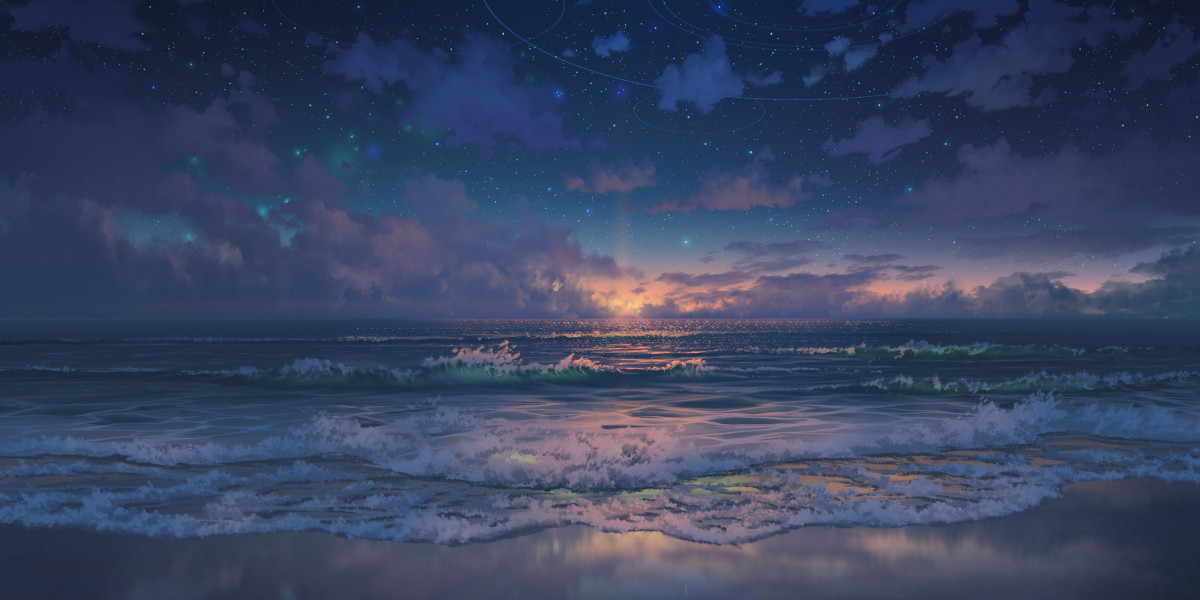Introduction to the World of Sahara Tours
There are few places on Earth as mesmerizing and powerful as the Sahara Desert. Stretching across much of North Africa, it is the largest hot desert in the world, offering a landscape that feels both timeless and otherworldly. For those seeking not just a vacation but a transformational experience, a Sahara Desert tour opens the door to an adventure rich with culture, history, and natural wonder.
The First Glimpse of the Dunes
Most Sahara tours begin in the urban heart of Morocco, often in cities like Marrakech or Fes. From there, travellers embark on a journey across changing landscapes—mountain passes, lush oases, and rocky plateaus—before reaching the golden dunes of the desert. The moment you first lay eyes on the sand seas is unforgettable. Vast, undulating, and seemingly alive, the Sahara inspires awe with its sheer scale and silence.
A Sahara Desert tour is more than just sightseeing; it is an immersive passage into a world where nature takes centre stage and simplicity brings deep joy.
The Heart of the Experience: Camel Treks and Desert Camps
Central to the Sahara experience is the camel trek. Mounted atop these gentle animals, travellers sway along ancient caravan routes, climbing dunes and crossing silent valleys. The journey is meditative, allowing time to reflect, observe, and connect with the vastness around.
As the day ends, the destination is often a traditional desert camp. These range from simple nomadic setups to luxurious accommodations with private tents and fine dining. Regardless of the level of comfort, the evening offers a rare peace. As night falls, a fire is lit, local music begins, and the stars emerge in dazzling brilliance. This moment—beneath the galaxy-streaked sky—is one of the most powerful highlights of any Sahara Desert tour.
Cultural Encounters in the Desert
A Sahara tour is not only about the natural environment but also the people who call it home. Encounters with Berber communities add a deeply human layer to the journey. Visitors learn about traditional customs, handicrafts, and lifestyles that have persisted for centuries in this challenging landscape.
From sharing tea in a nomadic tent to visiting local markets and hearing age-old stories passed down through generations, these interactions bring depth and authenticity to the trip. The Sahara is not just a desert—it is a living, breathing cultural space.
Adventures Beyond the Dunes
While the towering dunes of Erg Chebbi or Erg Chi gaga often take centre stage, a Sahara Desert tour can include much more. Some tours visit dramatic gorges, like Torda and Dades, or pass through historic kasbahs that once served as desert strongholds. Others include stops at fossil beds, salt flats, and hidden oases surrounded by date palms.
Adventure-seekers can enjoy sandboarding, quad biking, or 4x4 dune excursions. For those who prefer slower moments, watching a desert sunrise in absolute silence or meditating atop a dune offers spiritual satisfaction like no other.
The Rhythm of Desert Time
What stands out most during a Sahara tour is how time seems to slow. The desert has a rhythm of its own—patient, calm, and eternal. Travelers often find themselves letting go of urgency, technology, and the need to always be busy. In its place comes a stillness, a presence that can be profoundly healing.
Conclusion
A Sahara Desert tour is not just about landscapes—it’s about connection. Connection to nature, to culture, and to oneself. Whether you seek adventure, introspection, or beauty, the Sahara delivers all of it in a package that is as humbling as it is exhilarating. Few places leave such a lasting imprint on the soul, and for many, the desert becomes a destination to return to again and again. If you’re ready to step beyond the ordinary, the Sahara is waiting.







